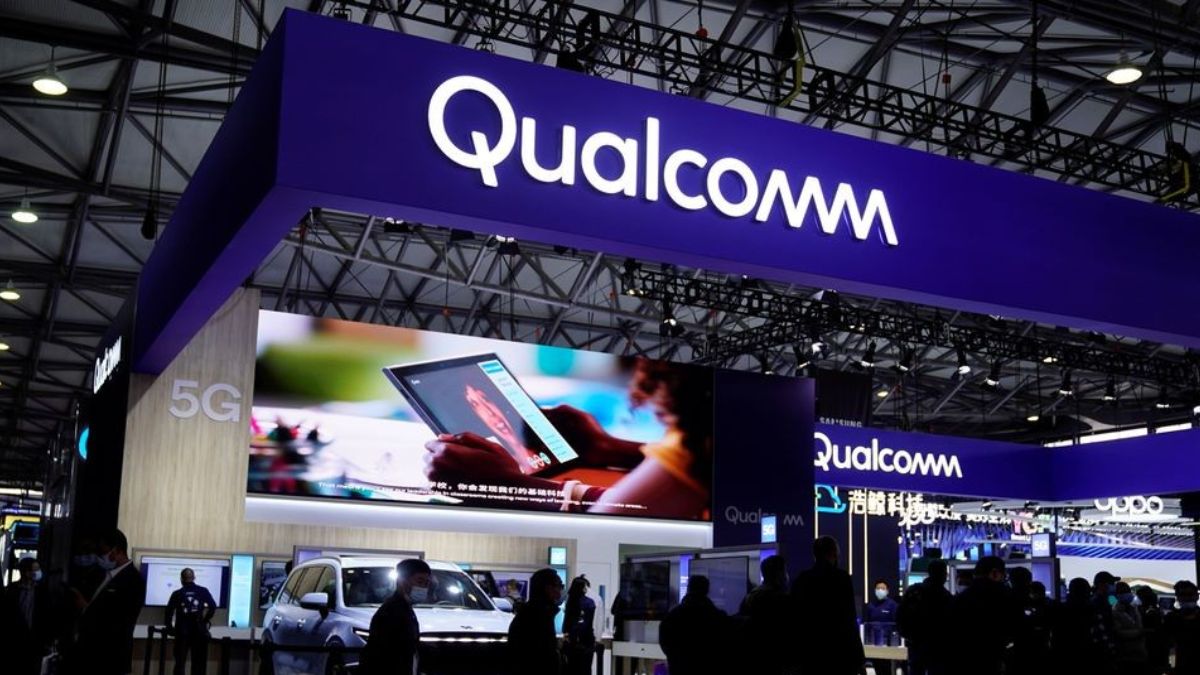Qualcomm is reportedly exploring the acquisition of parts of Intel’s design business as it seeks to expand its product portfolio and strengthen its position in the semiconductor industry. According to sources familiar with the matter, Qualcomm has shown interest in various segments of Intel’s design operations, with a particular focus on Intel’s client PC design business.
Intel, which has been struggling financially and is in the process of shedding business units and selling off assets, has seen Qualcomm’s interest as a potential opportunity to offload some of its less profitable divisions. The client PC design business, integral to Intel’s lineup of laptop and desktop chips, has caught the eye of Qualcomm executives. However, it seems that other divisions, including Intel’s server business, may not fit as seamlessly with Qualcomm’s strategic objectives.
An Intel spokesperson confirmed that no formal acquisition discussions have taken place between the two companies. “Intel remains firmly dedicated to our PC business,” the spokesperson stated.
The potential acquisition has affected stock prices, with Qualcomm shares falling by 1.3% and Intel’s rising by 1% in U.S. pre-market trading on Friday. Qualcomm, valued at $184 billion and known for its mobile chips used in smartphones, has been considering this move for several months. However, the company’s plans remain in flux and could change, according to the sources.
Intel, which reported a challenging second quarter with an 8% drop in PC client business revenue and a 15% reduction in staff, is facing significant financial pressures. The company has paused dividend payments and is evaluating how to fund its manufacturing plans and generate cash.
Intel’s recent efforts include launching a new PC chip, Lunar Lake, which is aimed at enhancing performance for AI applications. This new chip, partly fabricated by Taiwan Semiconductor Manufacturing Co., represents Intel’s shift towards external manufacturing.
Intel’s board is scheduled to meet next week to consider proposals from CEO Pat Gelsinger and other executives on how to streamline operations and improve financial stability.


